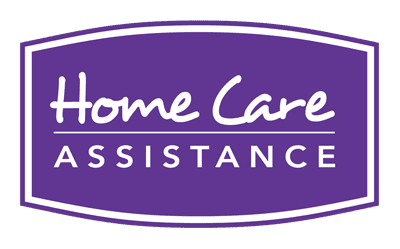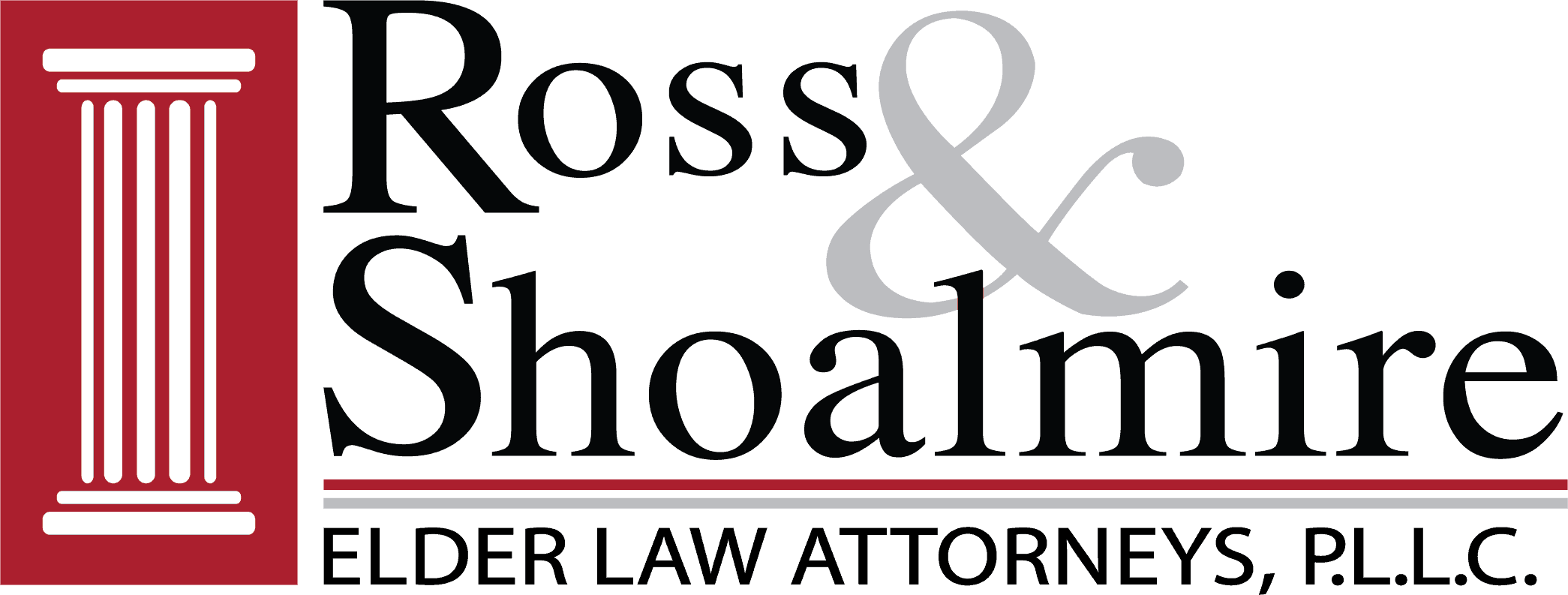In this episode, John Ross and Lisa Shoalmire discuss dealing with reverse mortgages, and when it is appropriate to really consider one as a tool for aging and remaining at home and paying for ourselves.
Reverse Mortgages | When is it Appropriate to Consider?
Episode Transcript






